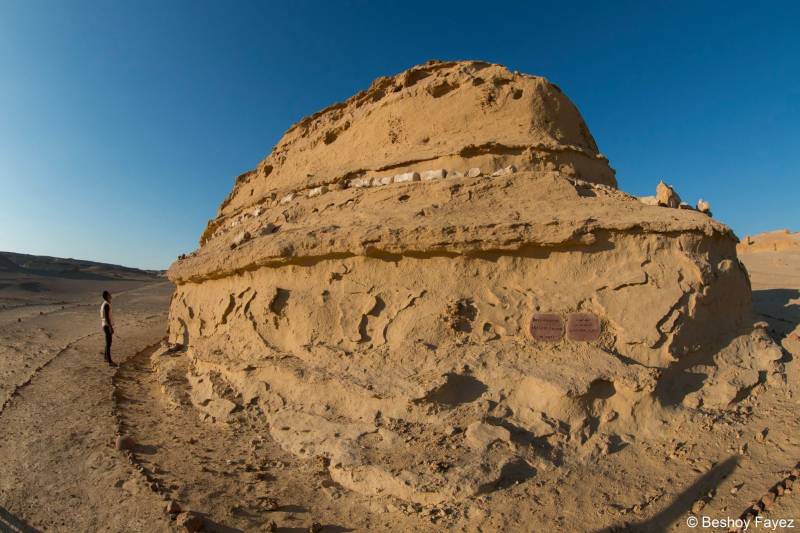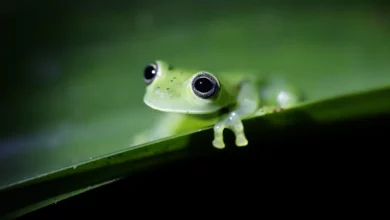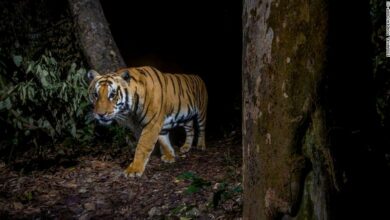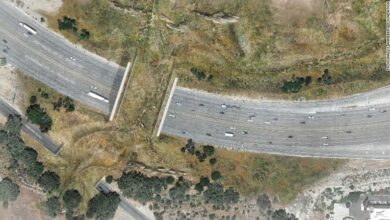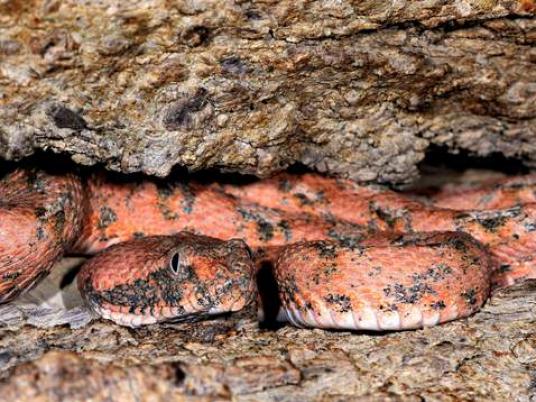
As part of its monthly lecture series to raise awareness about environmental issues, Nature Conservation Egypt, an NGO dedicated to the conservation of Egypt’s unique natural and cultural heritage, hosted a lecture about the wildlife of South Sinai Saturday.
Dina Aly, a renowned nature and wildlife photographer who is also a committed environmental conservationist, gave a lecture about the behaviors of different species in South Sinai, sharing insight on the complexities of the fauna and flora in the area.
Along with her husband, Rafik Khalil, she took photos of the various animals, birds and plants species of the area and collected them in a book that was published in 2011, titled “Wildlife in South Sinai.”
Aly said there are four main problems facing wildlife in Egypt. She talks about “the uncontrolled hunting of wild animals by some Bedouins and Arabs from the Gulf, and the deforestation for the purpose of charcoal production.”
In addition, she explained, unregulated urban expansion and frequent animal grazing in the same areas lead to the destruction of plants and threaten some animal species with extinction.
During the lecture, she discussed the life cycle and characteristics of many wild animals, insects and plants. She said she thinks more emphasis should be placed on the behavior of the wildlife to draw people’s attention to how amazing these creatures are.
For example, she explained, the baby dragonfly eats mosquito larvae, but does not have a dormancy period, unlike butterflies.
The photos demonstrated different natural processes, such as the way vipers camouflage themselves in trees and shrubs produce abundant fruit after a rainy season.
“In general, photographing mammals in Egypt is very challenging because they are excessively fearful of potential hunters. When I tried to take a picture of an Arabian wolf by using a discrete, infrared system, the clever wolf found the cable cords and shredded them into pieces,” Aly said, smiling.
She said a wildlife photographer’s main role is to increase people’s awareness about nature and encourage them to see the beauty of their environment.
However, she thinks most people in Egypt think that preserving the environment is a luxury, or something trivial. This attitude negatively affects the performance of the government, which is afraid of being criticized by the public if it pays more attention to environmental development, she said.
“People need to know that protecting the environment is an important part of our religion,” said Aly. “Prophet Mohamed was the first one to establish protected areas in spite of all the other significant issues he had to take care of.”
She added that the government must sit with Bedouin hunters, negotiate with them and allocate salaries for them, in return for guarding the wildlife.
“This will help solve the problem partially,” she said.
Although Aly didn’t formally study environmental fields, she said she thinks passion for the environment and the desert is a natural instinct within all human beings since childhood.
“When the child grows up, he gets more involved in life affairs and thus forgets about the environment,” she said. “However, I could never lose this passion, and I decided to dedicate my life to preserving nature.”

